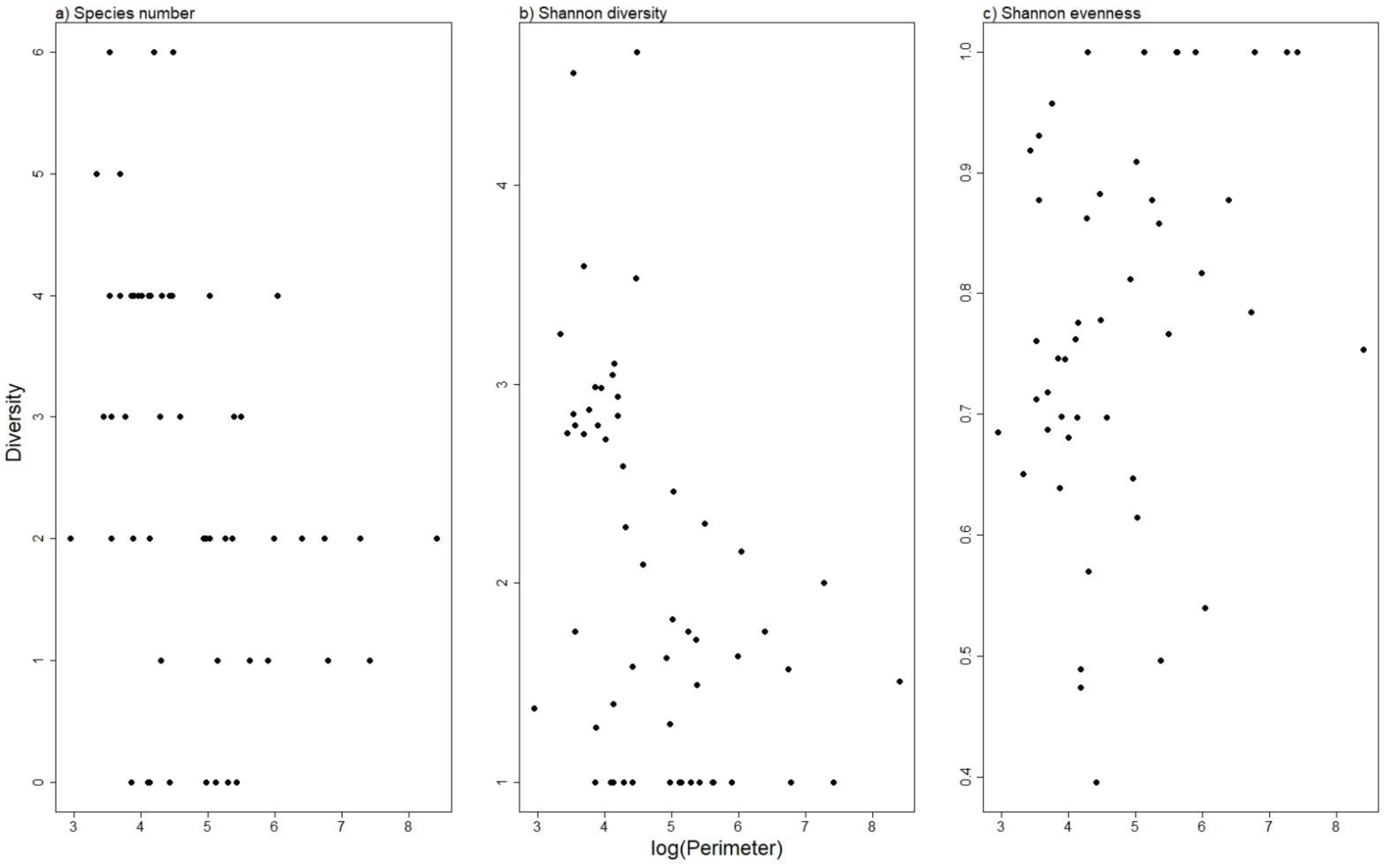

We need to conceive of performance as fundamentally “a changing function of multiple variables,” as Barbara H. Of course, contingency factors are time and space dependent, as what is contingent in one context or time may be completely under control in another context or time. Contingencies of performance are the many variables that could impact performance in any number of ways, mostly unforeseen, and even if foreseen, mostly unpredictable in effect. From experience and knowledge, we can conceive the contingencies in categories they range from the personal to the institutional and the natural (as in a force of nature). We expect, of course, that they will go right. This attention to detail endowed her work as an interdisciplinary scholar of the literature and performance traditions of the African diaspora in the Americas with nuance and complexity.Īnyone who has staged a show has an idea of the numberless odd things that can go wrong. Her precision was a formative aspect of her conceptualization of diaspora literacy, a hallmark of a research methodology and teaching pedagogy grounded in multilingualism, historical contextualization, and respect for the specificity of other cultures. Yet as her colleagues and former students, we knew that Clark's insistence upon precision was critical to her entire scholarly enterprise the visual effect of a bodily gesture in a staged or ritual context or the pinpointing of the exact timing of a historical event had tremendous meaning and importance to her. In an Anglophone context, this preoccupation may seem trivial. Drafts were edited, printed, and corrected in order to ensure accuracy. As I recall the whirl of activities, one particular element of preparing the program stands out: the accents on proper names and the musical and dance selections had to be properly placed. Poems and testimonies chronicled emotions ranging from triumphant to despairing, yet all affirmed the ase, or energy, she so graciously shared with those around her. In the week leading up to the celebration, people from all over the country, including friends, family, colleagues, and students, contributed memories celebrating her life. Clark's sixty-third birthday, hundreds of people gathered for her memorial service at UC Berkeley.

On 14 December 2007, on what would have been VèVè A. From the Haitian contradictions emerged defensive political, cultural, and textual agendas as of 1927, which paralleled the black revolts of Harlem and Paris but were determined by the particular circumstances provoking their enunciation. The paradox of such a posture is suggested by Jean Price-Mars's use of the term collective bovaryism to describe in retrospect his generation's capitulation during the American Marine Occupation of Haiti (1915–1934). Their very articulation signified protest directed against cultural repression on the one hand and racial self-hatred on the other.

Unlike any other epoch of African-American expression, new letters shared a common ideology: writing regional, ethnic, and peasant experiences into existence. Antilleans and some Hispanics, for instance, embraced texts by Langston Hughes and Claude McKay and were challenged by the Afro-American example to respond in stylistic kind. New letters works became communal property to be read and revised across national boundaries. Bearing in mind the discontinuities, one must acknowledge, however, that among other achievements, the new letters movements provided an epistemological break away from the predominance of Euro-American influences on black texts, the discursive agendas previously defining textual production particularly in nineteenth- and early-twentieth-century Caribbean writing. Skepticism regarding presentations of the era as a coherent whole has inspired redefinitions of the period's demarcations, classic works as well as national and transnational intertextualities. Critics return repeatedly to this textual field as if to embrace a heralded center, familiar and stable. The New Negro, Indigenist, and Négritude movements of the 1920s and 1930s constitute the grounded base of contemporary Afro-American, Caribbean, and African literary scholarship.


 0 kommentar(er)
0 kommentar(er)
